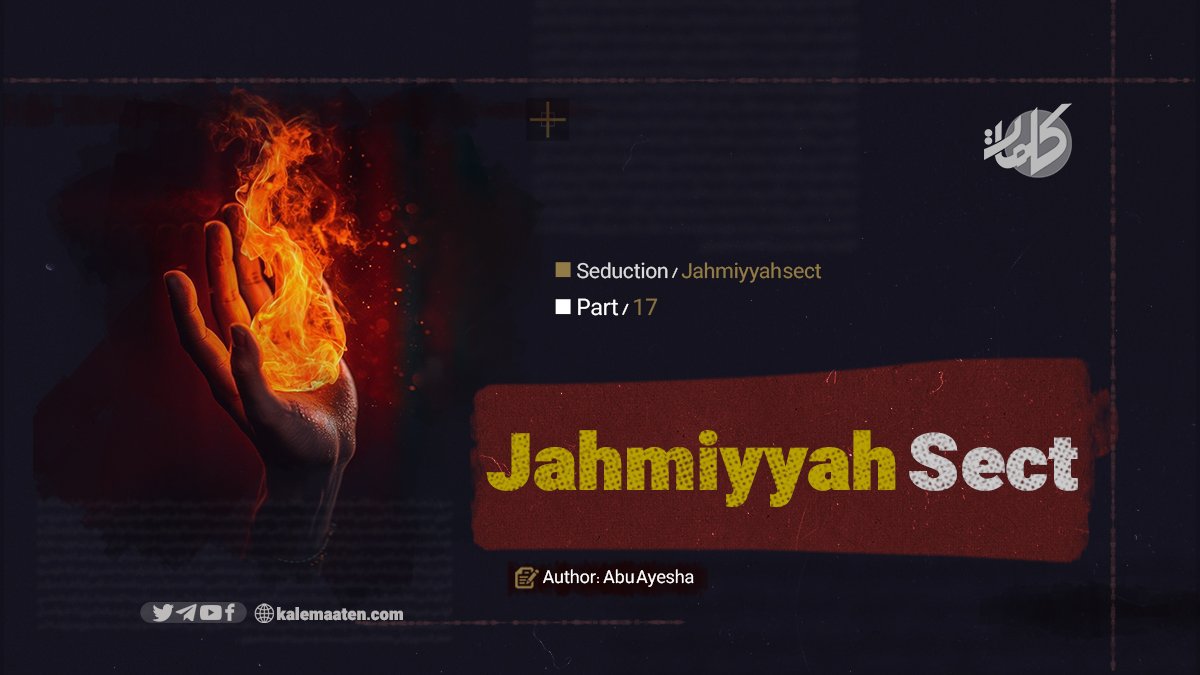Author: Abu Ayesha
Jahmiyyah Sect (Part 17)
Ahl-sunnah’s Viewpoint on the Actions of Servants
Imam Tahawi, may Allah have mercy on him, says: “We believe that the creator of the actions of servants is Allah Almighty; but the acquisition is from the servant himself, and Allah Almighty does not impose duties on servants except to the extent of their capacity, and the capacity of servants is to the extent of Allah’s obligation, and this is the interpretation of «لاحول ولا قوة إلا بالله»”; “And there is no power, and no movement to avoid disobeying Allah, the Exalted, except with His help.”
He further states, “It is the actions of servants that make people obedient or sinful and disobedient, and these actions are the creation of Allah Almighty; because Allah, the Exalted, is the only and unique in the creation of creatures, and there is no creator other than Him.”
Ahl-sunnah believe that the actions of the servants are attributed to them for their own gain and are attributed to Allah Almighty for His own creation and invention, and that the power of the accidental has no effect on them.
The Reasons of Ahl-sunnah
The Sunnis have presented the following reasons to prove that the actions of the servants are their own actions, with their own will and discretion:
-
«ولهم أعمال من دون ذلک وهم لها عاملون» “And they have deeds other than that, and they do them.”
-
«جزاء بما کانوا یعملون» “And they are rewarded for what they used to do.”
-
«هل ثوب الکفار ما کانوا یفعلون» “Did the disbelievers receive punishment for what they used to do?”



